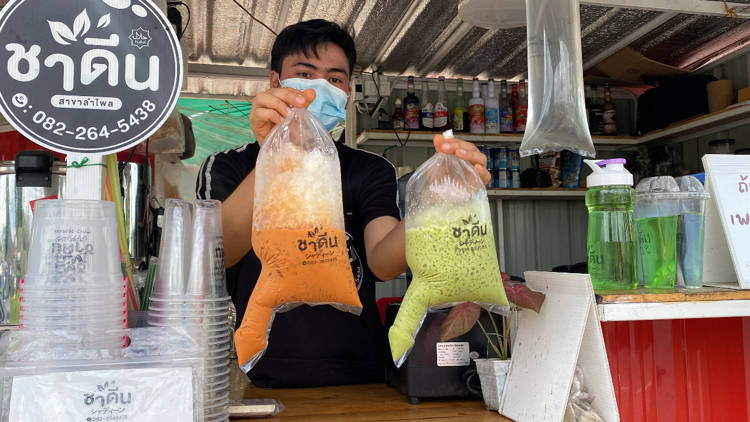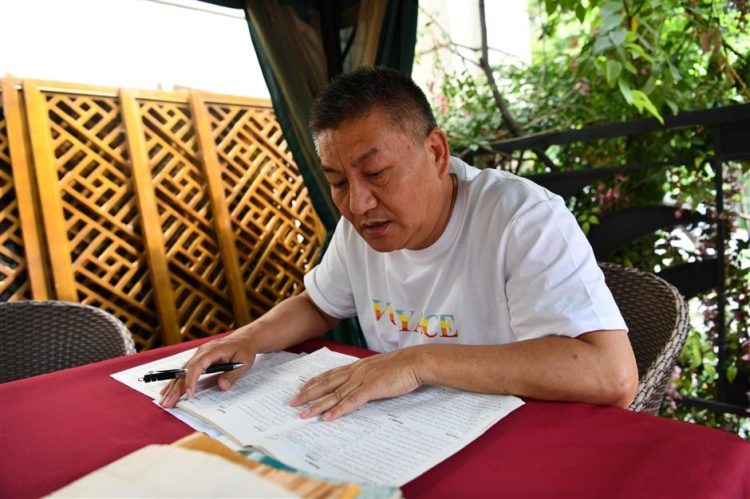Built according to the “Bagua”, or the Eight Trigrams used in Taoist cosmology, Tekesi County has a unique and eye-catching layout that allegedly renders traffic lights obsolete.
Bagua represents the fundamental principles of reality, seen as a range of eight interrelated concepts. It is a complex concept of Taoist cosmology which also has correspondences in astronomy, geography, anatomy, martial arts, medicine, and other disciplines. It’s also an essential tool in the majority of Feng Shui schools, used to map a room or location and see how the different sections correspond to different aspects in one’s life. But one thing the Bagua isn’t really used for is city planning; with one notable exception – Tekesi County, a city of 150,000 people in Northwest China’s Xinjiang Uygur autonomous region.





















